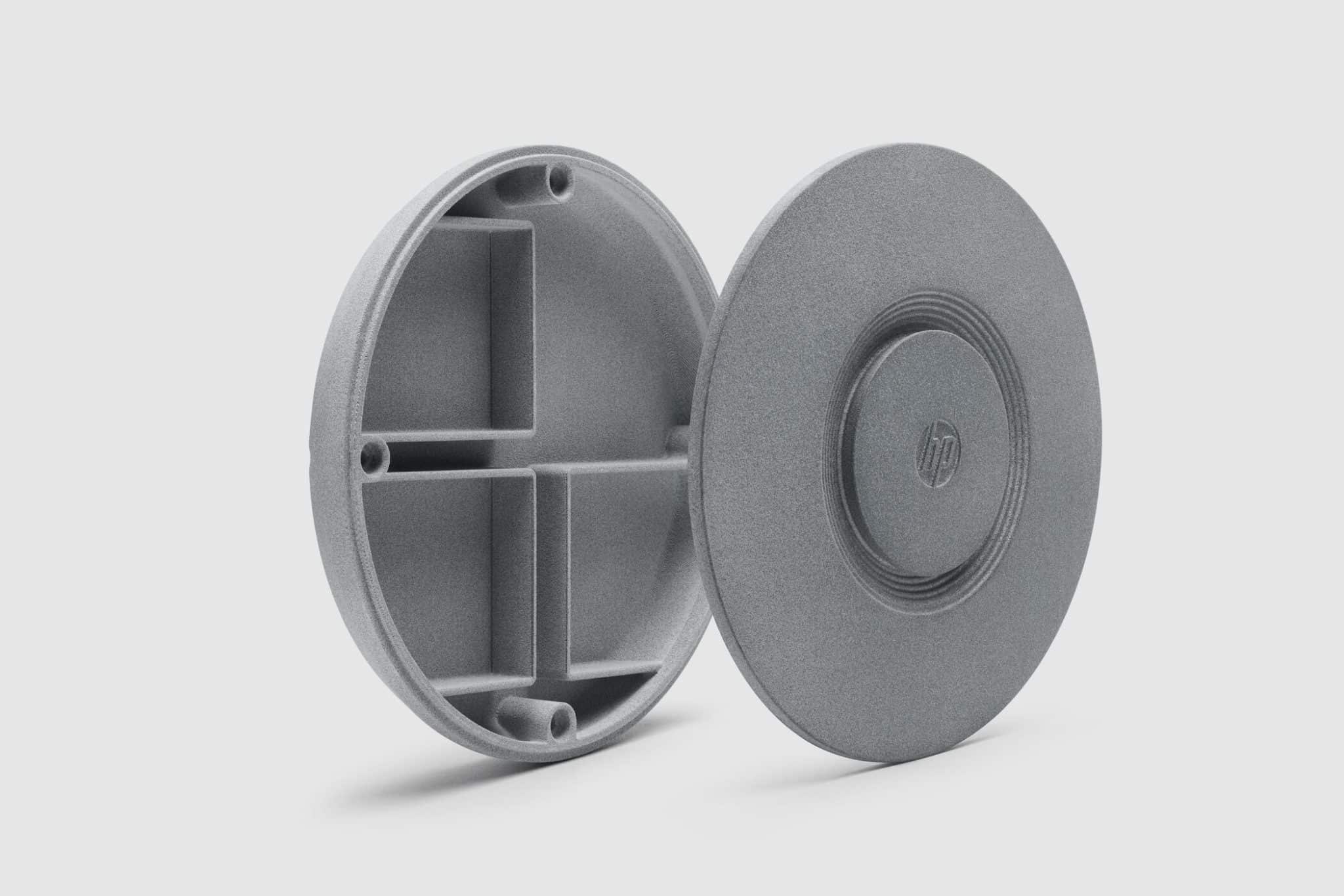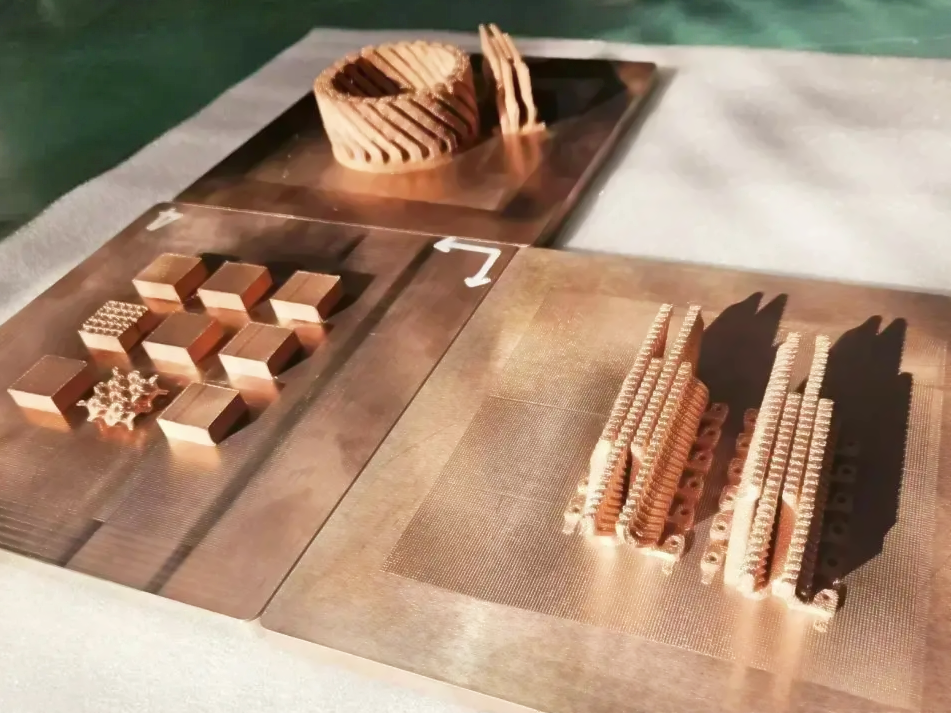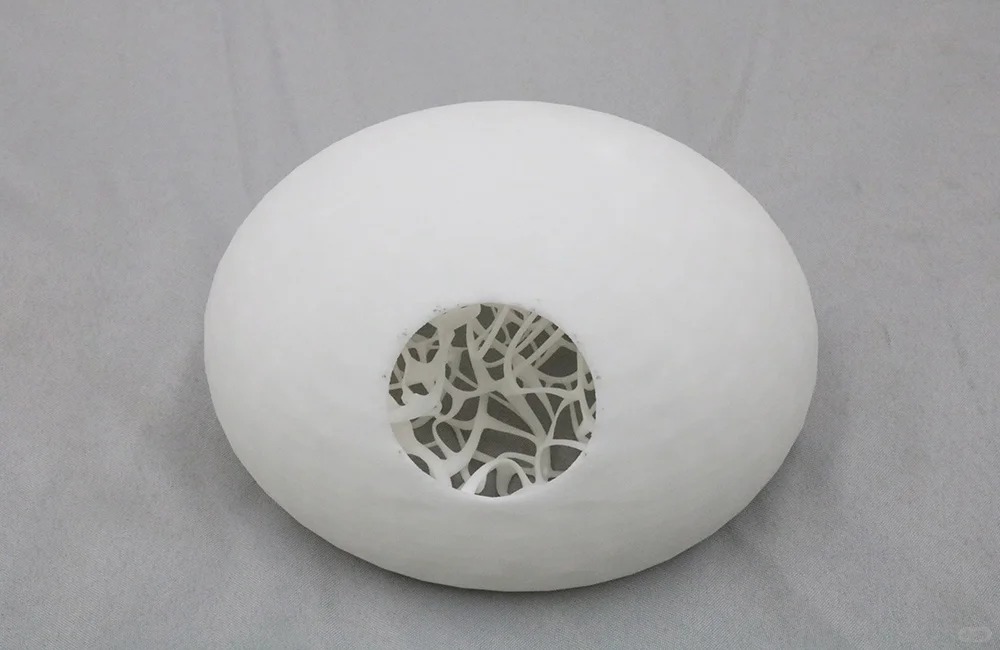What are the advantages of using plastic 3D printing for low-volume production?
Advantages of Plastic 3D Printing for Low-Volume Production
Cost-Effectiveness
Plastic 3D printing significantly reduces upfront investment costs typically associated with traditional injection molding, especially when producing parts in low quantities ranging from 10 to 1,000 units. Unlike conventional molding, which requires costly tooling and molds, technologies such as Fused Deposition Modeling (FDM) and Selective Laser Sintering (SLS) allow manufacturers to bypass initial tooling expenses entirely, making 3D printing economically viable for small batches.
Rapid Turnaround Time
Plastic 3D printing technologies enable fast prototyping and quick transition into low-volume production. Methods such as Multi Jet Fusion (MJF) and Stereolithography (SLA) often produce parts within 24–72 hours. This swift turnaround significantly reduces the lead time compared to traditional manufacturing processes, which typically require weeks for tooling and initial sample production.
Design Flexibility and Complexity
Plastic 3D printing allows for exceptional design freedom, enabling complex geometries and internal features that traditional manufacturing methods find difficult or impossible to achieve. Technologies such as Digital Light Processing (DLP) and Vat Photopolymerization are particularly suited for producing intricate and high-resolution components for industries like medical and healthcare, consumer electronics, and robotics.
Customization Capability
A standout advantage of plastic 3D printing is the ease of customization. Each printed unit can be tailored individually at no additional tooling cost, making it ideal for personalized applications, particularly in fashion and jewelry and customized components in the medical sector.
Reduced Inventory and Storage Costs
Using plastic 3D printing for low-volume runs significantly reduces inventory needs. Parts can be produced on-demand, directly from digital files, eliminating the requirement for large storage spaces and excessive inventory management costs. This advantage benefits industries such as automotive, energy and power, and manufacturing and tooling.
Recommended Services for Plastic 3D Printing at Neway
To fully leverage the benefits of plastic 3D printing in low-volume production, Neway offers comprehensive solutions:
Plastic 3D Printing Services: Explore our extensive range of materials like ABS, PLA, and Nylon (PA), suitable for various industrial applications and technologies including FDM, SLS, and MJF.
Post-Processing Services: Enhance part functionality and aesthetics through services such as CNC machining, surface treatments including painting, sandblasting, and UV coating.
Technical Consultation and Design Support: Receive expert advice and detailed guidance for optimizing your designs and choosing the best material solutions through our specialized rapid prototyping and manufacturing and tooling services.



